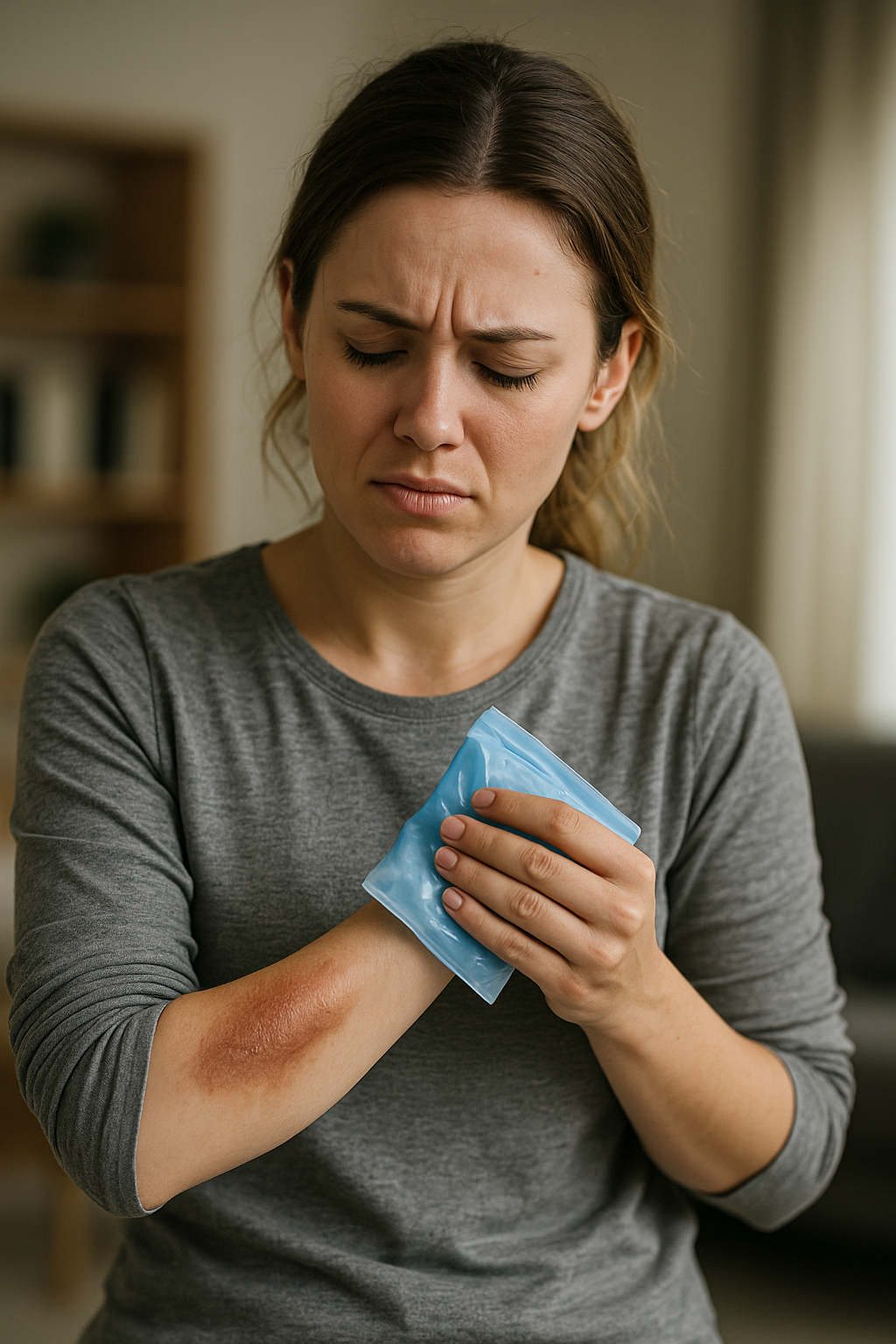Burn Injuries from Product Defects in WA – Holding Manufacturers Accountable
Burn injuries are among the most painful and life-altering injuries a person can suffer — and when they’re caused by a defective product, the legal stakes are even higher. In Washington, product liability law protects victims of faulty appliances, batteries, electronics, clothing, and even furniture that ignite or overheat due to poor design or manufacturing defects.
How does a product cause a burn injury? It could be an exploding lithium battery, a space heater that catches fire, or cookware with handles that melt. Even children’s pajamas that fail to meet fire safety standards can become a legal liability. The key question in every case is this: was the product unreasonably dangerous when used as intended?
Victims don’t need to prove the company was negligent. Washington allows strict liability claims — meaning if the product was defective and caused harm, the manufacturer can be held responsible, even if they didn’t intend any harm. Retailers and distributors may also share in the liability.
What about user error? Manufacturers often try to blame consumers for misusing the product. But when a product lacks proper warnings, has unclear instructions, or fails under normal conditions, the law typically sides with the injured party. Photos of the aftermath, damaged products, receipts, and packaging all become key evidence in proving the case.
What kinds of burns qualify? First-degree burns are typically not enough on their own, but second- and third-degree burns that lead to hospitalization, surgery, or scarring usually meet the threshold for legal action. Permanent disfigurement, nerve damage, or psychological trauma from the incident can also factor into a claim.
Can you sue for burns caused by imported goods? Yes — Washington courts allow lawsuits against U.S.-based retailers and distributors of foreign products. Even if the item was made overseas, liability often extends to the companies that profited from selling it.
What damages are available? Compensation may include medical bills, rehabilitation, plastic surgery, lost income, emotional distress, and long-term care. If the company ignored prior complaints or safety reports, punitive damages may also apply.
Burn injury cases often lead to product recalls, new safety warnings, and changes in manufacturing processes. Legal action doesn’t just help the victim — it can prevent others from suffering the same harm.
If you or someone you know was burned by a consumer product in Washington, don’t assume it was your fault. The product may have been dangerous all along — and the law is on your side.


